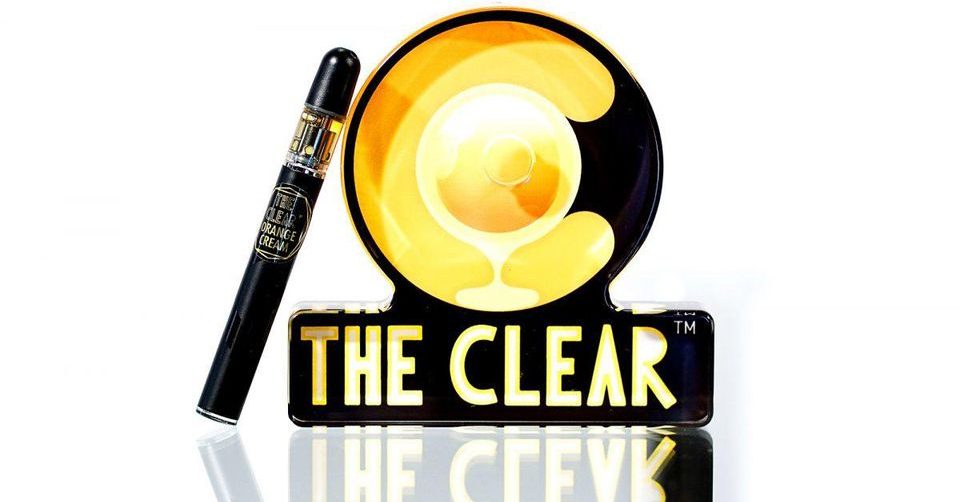Recreational cannabis use is illegal in the majority of US states, but the relaxation of hemp and CBD sales has created a set of companies that could more easily grab cannabis product market share if it is legalized. Companies selling CBD products are establishing their brands among consumers, and acquiring shelf space and retail relationships. If recreational cannabis is legalized, those companies can enter that market more quickly than a business starting from scratch.
From a product perspective, companies are looking to establish their CBD brands as consistent and effective, so when THC comes along, consumers will seek them out for safe products. Reliable quality is key to establishing that connection with consumers according to Rick Batenburg III, chairman of Clear Cannabis, Inc., parent company of The Clear .
Using CBD products as an onramp to a marijuana business also makes sense from a cash-flow perspective. When a state legalizes cannabis and announces a future date for its sale, companies need to hire employees, rent space, find distribution etc. There can be delays in licensing and other issues. Selling hemp-based CBD products while the company waits for the THC business to kick in, provides an income stream to draw from.
A recent Gallup poll found that 14% of Americans had used CBD, primarily to treat pain, anxiety and sleeplessness.
Batenburg is betting consumers will be drawn to products that contain no additives. “Our most popular products are The Clear THC & CBD disposable vape cartridges,” he said. “Consumers are either getting THC or CBD, nothing else.” This is important he said, because unpredictable or poor experiences leads to people avoiding the plant all together. “We sell euphoria, not trips to the hospital,” he said.
Luna Stower from Jetty Extracts, a cannabis and CBD oil/vaporizer company based in Oakland, says her company prints their independent lab test results “directly onto the box as certificates of analysis that prove the purity, potency, contents, and ingredients clearly for consumers.”
Hemp and its derivatives became legal federally under the 2018 Farm Bill, but the rules around the industry are still not finalized so entrepreneurs building CBD companies still face hurdles. Senator Chuck Schumer of New York recently asked federal financial regulators to clarify the situation so for example, hemp businesses could access banking services like lines of credit at federally insured banks. For its part, the National Credit Union Administration (NCUA) confirmed in August that credit unions could offer those services to hemp companies.
To make things simpler operationally, companies like The Clear are dividing their businesses into those that “touch the plant” vs. items like vaping supplies that do not. That streamlines accounting and other legal issues because the two types of products operate under different rules. Batenburg says that putting plant touching and non-plant touching assets in different holding companies limits risk.
Consumers are seeing CBD products on the shelf at mainstream stores like Walmart, and that’s helping to reduce the stigma of cannabis. It also means small CBD companies, whether they are preparing to sell marijuana or not, need to be ready for a tidal wave of major competition. National hemp legalization means large consumer packaged goods companies can enter the CBD market by simply adding “now with CBD” to existing products according to Batenburg.
“These brands already have an emotional relationship with the consumer and a strong non-restrictive distribution into national stores,” he said.
CBD is the most well-known of the more than 100 cannabanoids hemp contains. The plant is being used not only for consumables but as a building material, fiber and even as part of a car.

